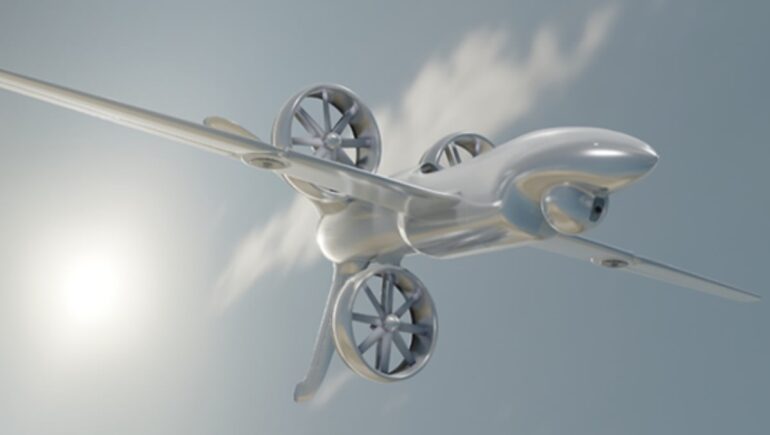- DARPA transitions defensive AI capabilities to CDAO to safeguard military AI systems.
- The GARD program focuses on countering adversarial attacks on AI systems.
- Vulnerabilities unique to AI and autonomous systems are addressed through collaboration with industry partners.
- Plans are underway to transition GARD-related capabilities to other Defense Department components by fiscal 2024.
- The CDAO serves as a strategic partner in advancing AI adoption across the Defense Department.
- DARPA’s multi-pronged transition strategy extends collaboration beyond the Defense Department to broadly enhance AI defenses.
- DARPA’s substantial investments reflect its commitment to advancing AI technologies for national security purposes.
- The president’s fiscal 2025 budget proposal includes additional funding for DARPA’s AI Forward initiative to develop trustworthy AI technologies.
Main AI News:
As DARPA continues to innovate in the realm of artificial intelligence (AI) defense, significant strides have been made in transferring cutting-edge defensive capabilities to the Chief Digital and Artificial Intelligence Office (CDAO), as per a senior official’s announcement.
The groundwork for these advancements was laid through DARPA’s Guaranteeing AI Robustness Against Deception (GARD) program, which was initiated several years ago. Matt Turek, Deputy Director for DARPA’s Information Innovation Office, elaborated during a virtual event hosted by the Center for Strategic and International Studies, shedding light on the program’s objectives and achievements.
Recognizing the susceptibility of U.S. military AI systems to adversarial attacks, Turek emphasized the necessity of fortifying these systems against manipulation tactics. He elucidated how vulnerabilities unique to AI and autonomous systems could be exploited, such as inserting noise patterns into sensor data to mislead AI algorithms.
Through the GARD initiative, DARPA has collaborated with industry partners to develop sophisticated algorithms and capabilities aimed at thwarting such deceptive tactics. This collaborative effort seeks to address the limitations of existing defense mechanisms, ensuring the resilience of AI systems in adversarial environments.
Budget justification documents underscore the importance of defending AI and machine learning (ML) systems against deception attacks, emphasizing the need for robust techniques and evaluation methods. Plans are underway to transition GARD-related capabilities to other Defense Department components in fiscal 2024, coinciding with the project’s conclusion.
Turek highlighted the pivotal role of the CDAO, established in 2022, as a strategic partner for DARPA in facilitating the adoption of AI technologies across the Defense Department. By leveraging shared resources and capabilities, the CDAO serves as a conduit for transitioning transformative capabilities from research to practical applications within the DOD.
While DARPA’s primary mission revolves around anticipating and creating strategic advancements, its multi-pronged transition strategy extends beyond the Defense Department, fostering collaborations with external organizations to enhance AI defenses on a broader scale.
Moreover, DARPA’s commitment to advancing AI technologies is underscored by its substantial investments, with approximately 70% of its programs now incorporating AI, machine learning, or autonomy. The agency’s AI Next campaign, launched in 2018 with a budget exceeding $2 billion, reflects its dedication to leveraging AI for national security purposes.
Looking ahead, the president’s fiscal 2025 budget proposal allocates additional funding to DARPA’s AI Forward initiative, emphasizing the imperative of developing trustworthy and ethical AI technologies to address evolving security challenges.
Conclusion:
DARPA’s advancements in safeguarding military AI systems through technological innovations and strategic collaborations not only reinforce national security but also signify growing opportunities in the market for AI defense solutions. Companies specializing in AI security and defense technologies stand to benefit from the increasing demand for robust AI systems capable of withstanding adversarial attacks. Additionally, DARPA’s substantial investments in AI research and development underscore the market’s potential for innovation and growth in the defense sector.

